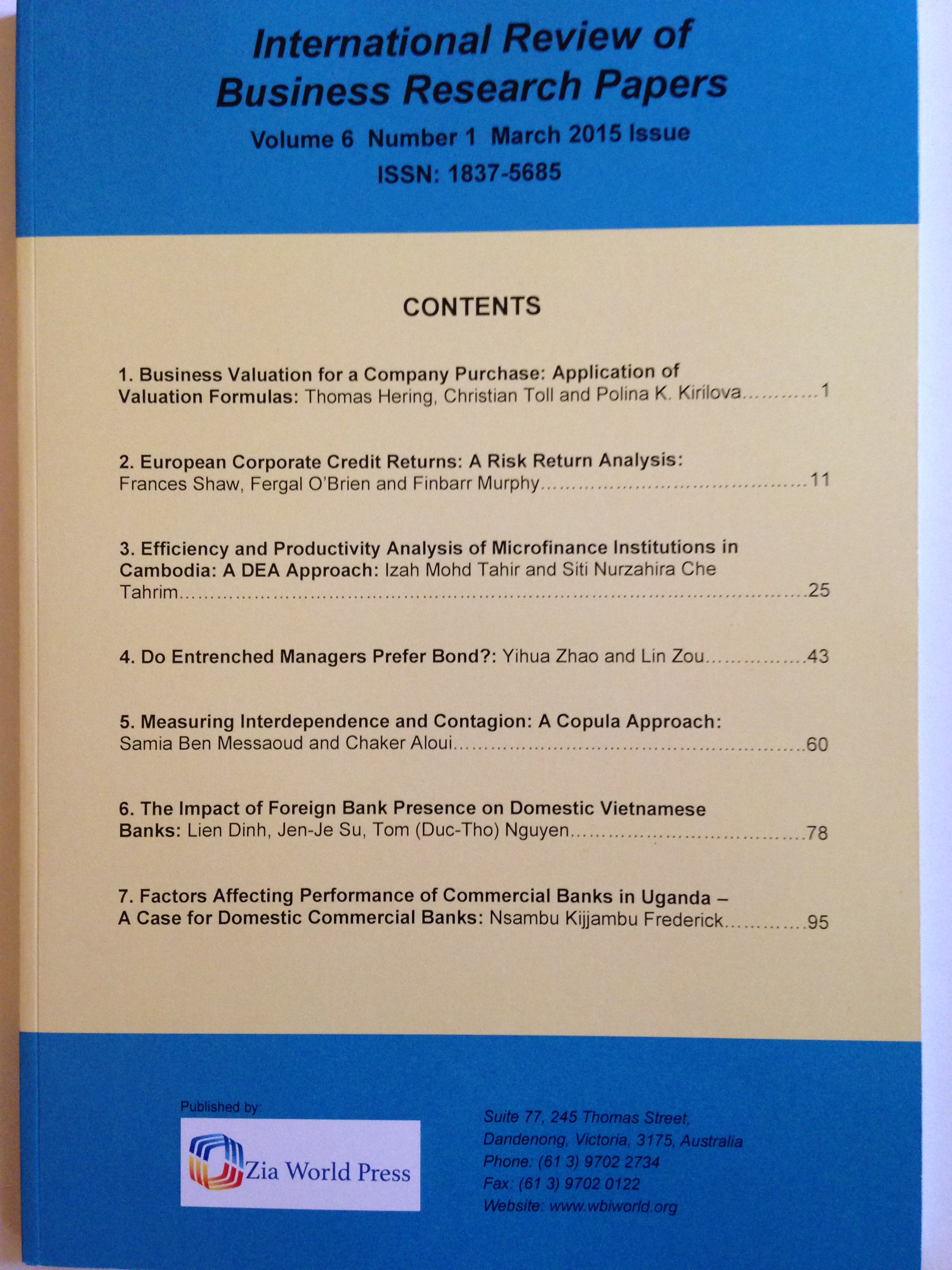March
2019

March 2019 (International Review of Business Research Papers)
Total Articles - 6
